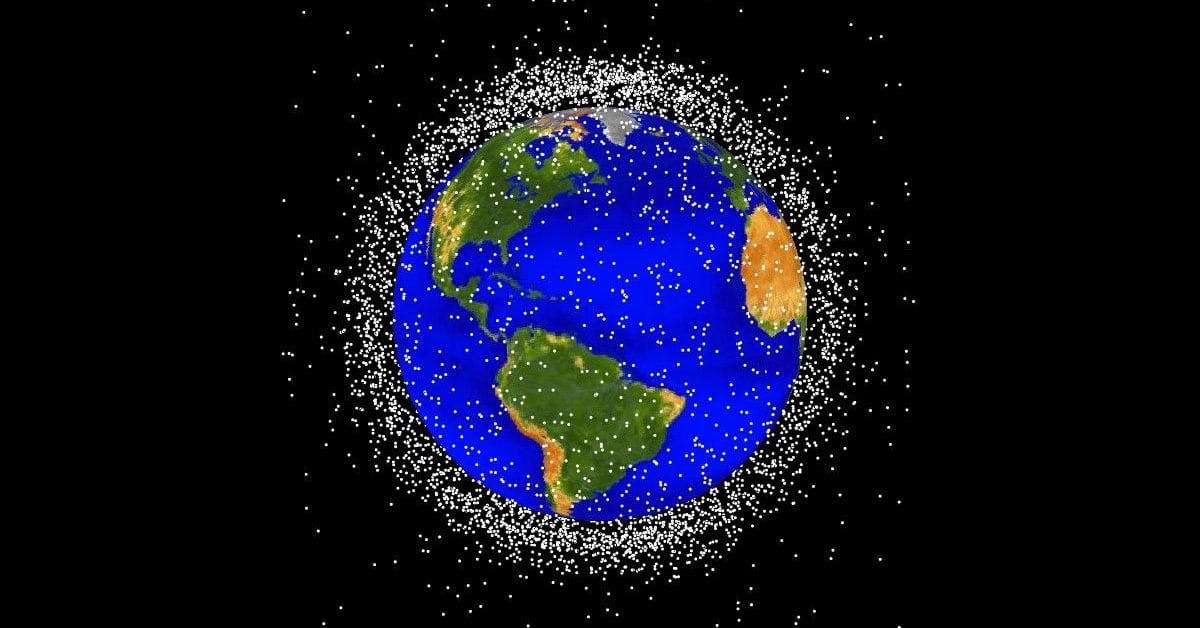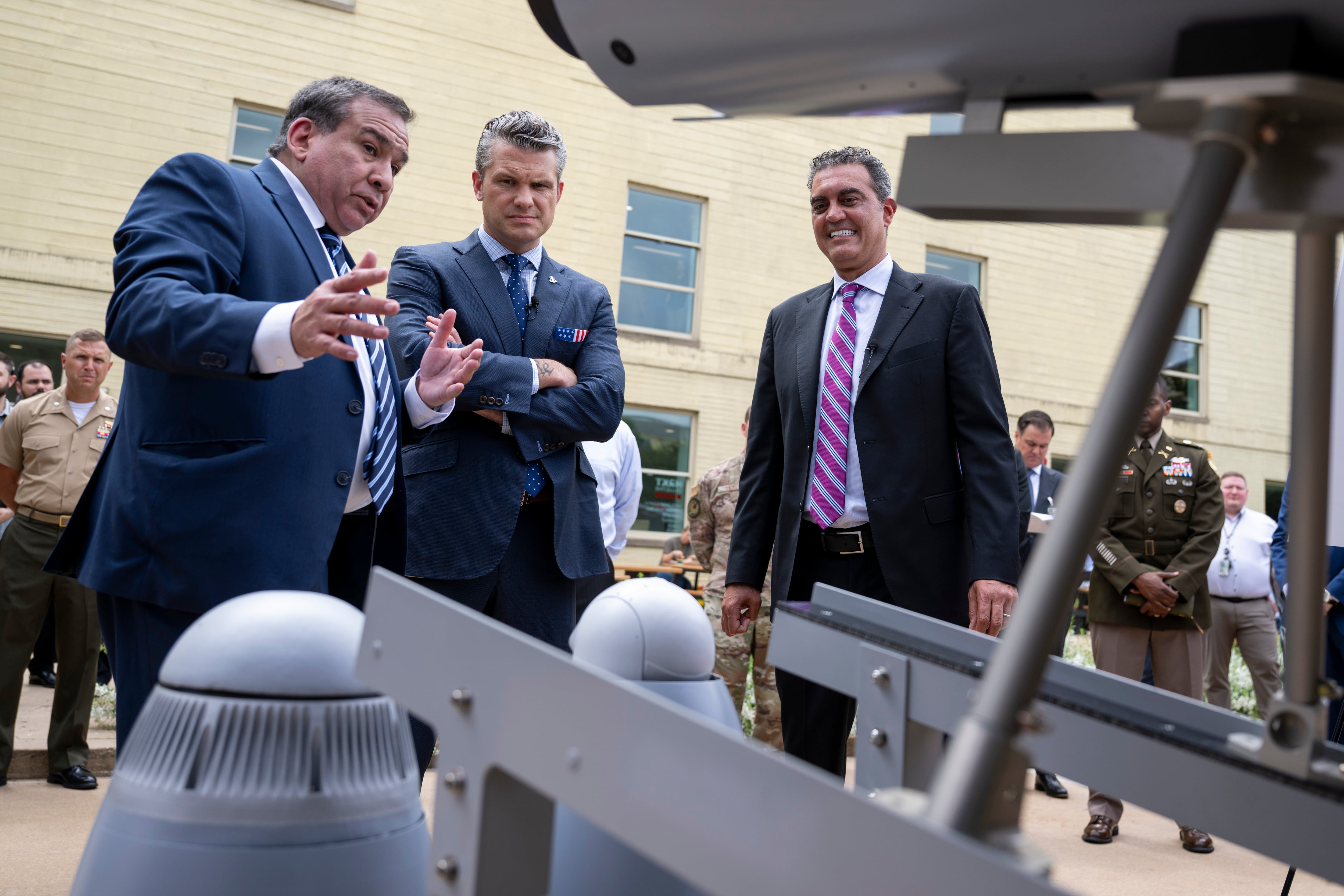President Donald Trump signed a memorandum Monday reassigning the role of space traffic management, data and situational awareness away from the Department of Defense, but one of DoD’s top space officers said the department will need to continue to provide a clear portrait of what’s happening on orbit.
RELATED

Space situational awareness deals with the knowledge of the space environment, to include objects and intentions therein, while space traffic management manages the movement of objects in space, such as satellites and debris.
The space situational awareness mission within DoD must continue for reasons of national security, Gen. John Hyten, the head of Strategic Command, told lawmakers during a June 22 House Armed Services Committee hearing. “That will not change … because we have to have that information in order to defend ourselves against potential threats.”
Hyten said that DoD doesn’t have to be the public face on this front, ceding that to the Department of Commerce, which the memo puts in charge of this new effort.
Instead, Hyten said, STRATCOM and DoD can get back to its role of space control.
Hyten said the reason DoD started doing the space situational awareness mission was it was the foundation of the space control mission, “... but when we started attaching space traffic management to it we started thinking the catalog was actually to enable space traffic management,” he said.
“That’s not why we do [space situational awareness]. We do SSA to help defend ourselves against threats and by having somebody else responsible for the space traffic management picture, Department of Commerce in this case, it will allow us to get back to using our SSA mission to focus on our space control mission, which is the essential piece.”
While noting that DoD does have a role to play in the national space effort, Hyten said the SSA mission is just like the situational awareness missions for commanders in any other domain of warfare.
“As the commander responsible for defending the nation in that domain, I have to look at [Russian and Chinese] capabilities as real threats and that means I have to develop counters to those threats, which is why the first thing I have to have, just like in any other domain, is that exquisite situational awareness of what is happening in that domain so that I can respond quickly enough,” he said. “That’s the same in air, land, sea ... [and] that’s the same in space.”
Mark Pomerleau is a reporter for C4ISRNET, covering information warfare and cyberspace.








